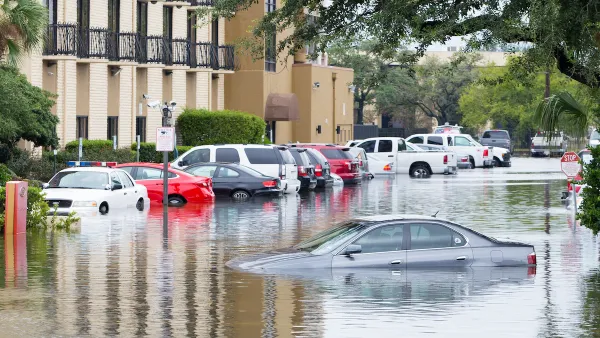The Economist's Intelligence Unit has released its 2017 Safe Cities Index.

Lianna Brinded shares the findings of the Safe Cities Index, created by the Economist Intelligence Unit (EIU). According to Brinded, the EIU's Safe Cities Index is one of the most granular ways to determine the safest places in the world.
"The 2017 index ranked 60 major cities, scoring 49 indicators in the same four subindexes to get a final score out of 100," according to Brinded, and Tokyo came out on top. "Overall, Asian and European cities hit most of the top ten positions in the index."
For those North Americans keeping track at home, the safest city on this continent is Toronto, at number four. San Francisco is the safest U.S. city, coming in at number 15.
FULL STORY: Tokyo is the safest city to live in the world

Analysis: Cybertruck Fatality Rate Far Exceeds That of Ford Pinto
The Tesla Cybertruck was recalled seven times last year.

National Parks Layoffs Will Cause Communities to Lose Billions
Thousands of essential park workers were laid off this week, just before the busy spring break season.

Retro-silient?: America’s First “Eco-burb,” The Woodlands Turns 50
A master-planned community north of Houston offers lessons on green infrastructure and resilient design, but falls short of its founder’s lofty affordability and walkability goals.

Test News Post 1
This is a summary

Analysis: Cybertruck Fatality Rate Far Exceeds That of Ford Pinto
The Tesla Cybertruck was recalled seven times last year.

Test News Headline 46
Test for the image on the front page.
Urban Design for Planners 1: Software Tools
This six-course series explores essential urban design concepts using open source software and equips planners with the tools they need to participate fully in the urban design process.
Planning for Universal Design
Learn the tools for implementing Universal Design in planning regulations.
EMC Planning Group, Inc.
Planetizen
Planetizen
Mpact (formerly Rail~Volution)
Great Falls Development Authority, Inc.
HUDs Office of Policy Development and Research
NYU Wagner Graduate School of Public Service



























